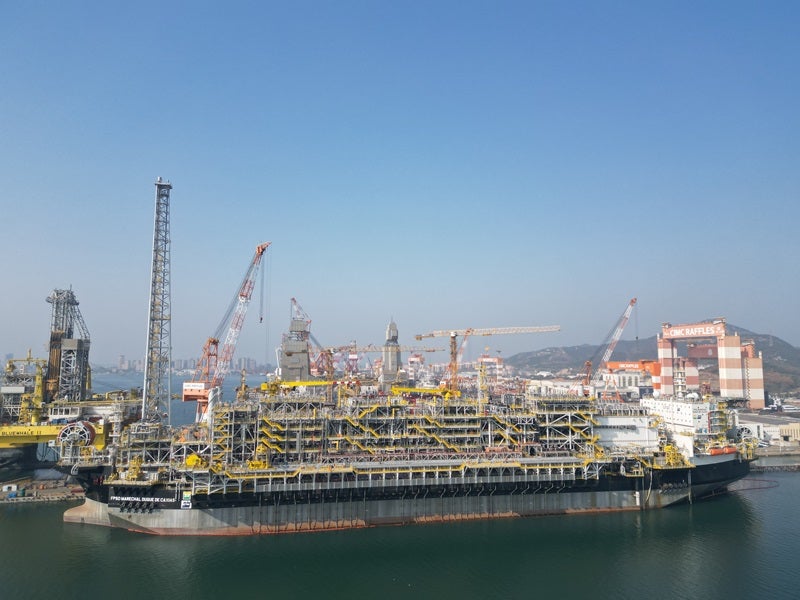
TotalEnergies said that the partners in the Libra block in the pre-salt area of Brazil’s Santos Basin have taken the final investment decision (FID) on the high pressure subsea separation technology (HISEP) pilot project for the Mero field.
The project involves developing a natural gas and CO2 separation and reinjection facility. It will be connected to the Marechal Duque de Caxias floating production, storage, and offloading unit (FPSO) of the Mero 3 project.
Presently, the Marechal Duque de Caxias FPSO is under construction.
The HISEP pilot unit is engineered for the underwater separation of oil from CO2-rich gas, with the reinjection of the gas directly into the reservoir. This technology holds promise for decreasing the volume of gas transported to the topside FPSO, thereby reducing greenhouse gas (GHG) emissions intensity, and concurrently enhancing field production capacity.
The innovation is part of the ongoing research and development initiatives of the Libra consortium.
TotalEnergies OneTech president Namita Shah said: “TotalEnergies is proud to participate to the development of this new technology in the Mero field. In addition to its benefits in Brazil, it should find applications for other projects within the Company.
“Such innovation fits with TotalEnergies’ approach to develop its businesses while reducing its emissions and costs, to improve its competitiveness in a sustainable way.”
Petrobras is the operator of Mero, a unitised field, with a stake of 38.6%. TotalEnergies (19.3%), Shell Brasil (19.3%), CNPC (9.65%), CNOOC (9.65%), and Pré-Sal Petróleo (3.5%) are the other participants on the field and the Libra consortium.
Last week, the consortium awarded an integrated engineering, procurement, construction, and installation (iEPCI) contract for the HISEP project to TechnipFMC.
Under the contract worth over $1bn, TechnipFMC will be responsible for planning, design, production, and installation of subsea apparatus, such as manifolds, umbilicals, flexible and rigid pipes, power distribution, and life-of-field services.






